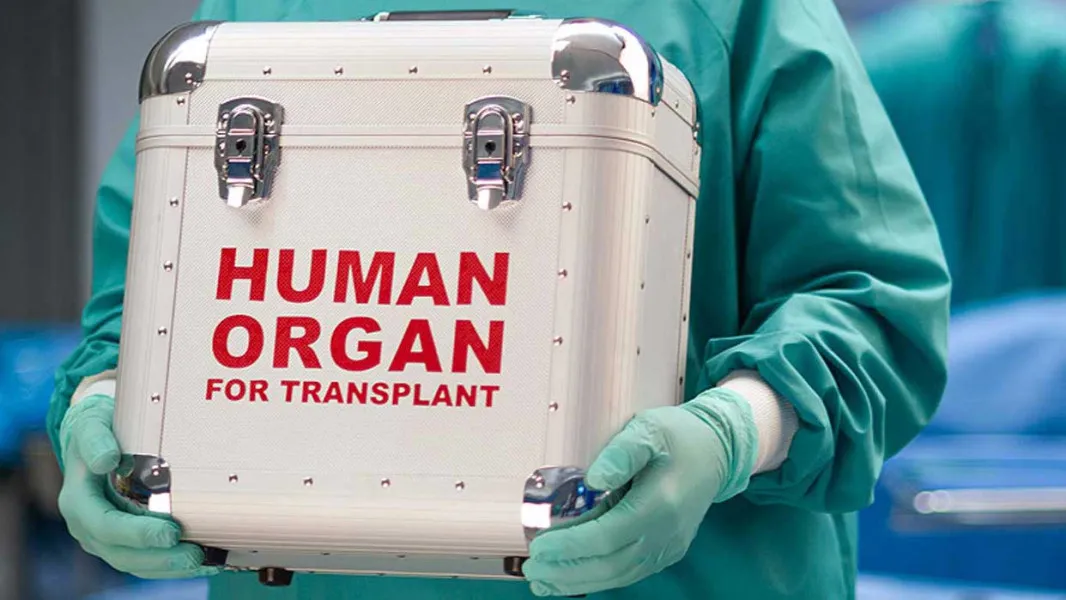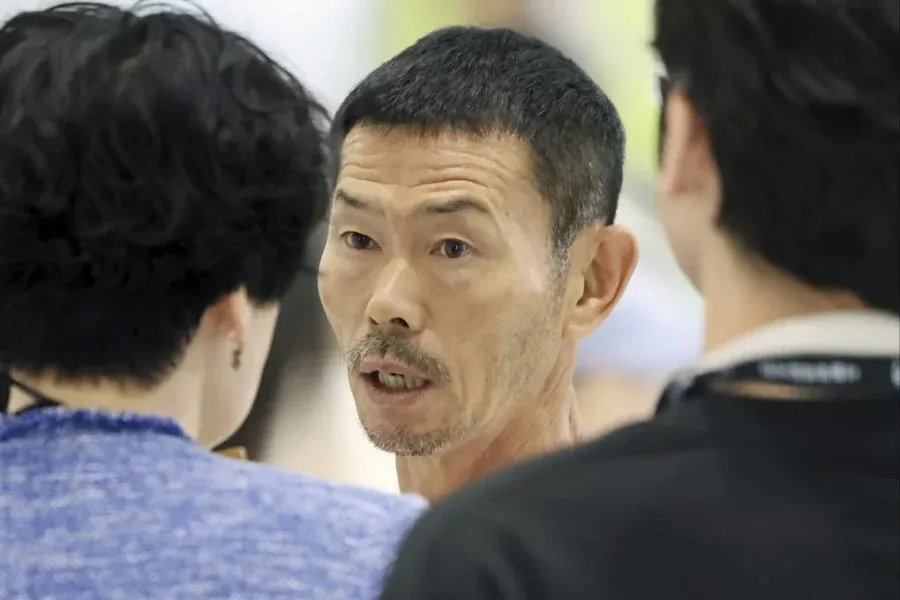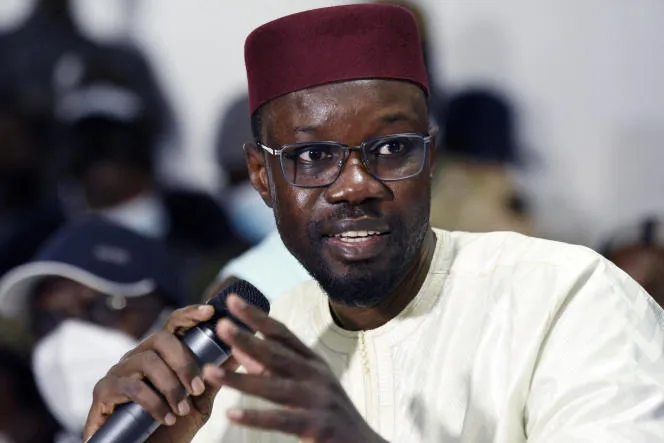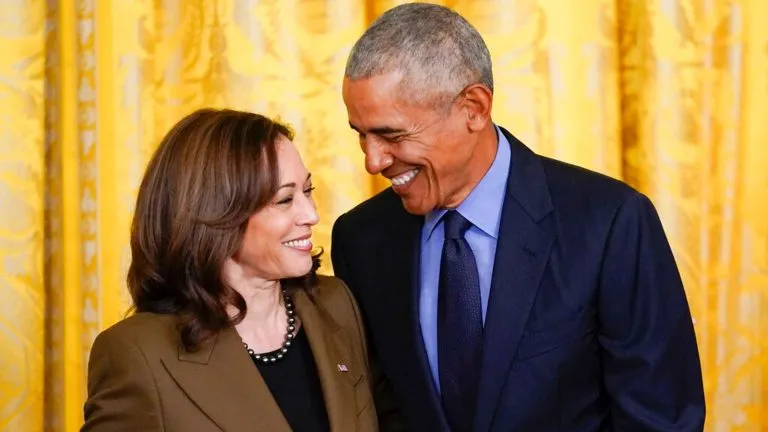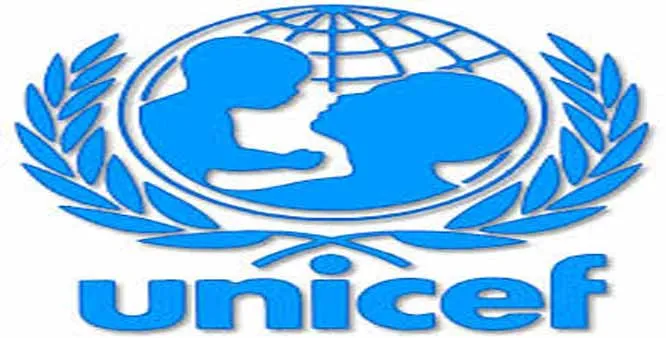In the remote village of Hokse, nestled in the hills of Nepal, a sinister trade has thrived under the guise of false promises and exploitation: kidney trafficking. Referred to as the “Kidney Valley” or the “village with a single kidney,” Hokse has gained notoriety for the alarming rate at which its residents have been coerced into selling their kidneys, often under the misconception that the organs would miraculously regenerate.
The harrowing reality of kidney trafficking unfolds as brokers, preying on vulnerable individuals, visit villages like Hokse to recruit unsuspecting victims through deception and misinformation. Many locals, driven by financial desperation, fall victim to these schemes, unaware of the irreversible consequences of kidney removal.
Kanchha and Ram, both in their 40s, bared their scars to reveal the aftermath of their kidney removal surgeries. They recounted their experiences of being lured into selling their organs with promises of financial relief, only to be left with debilitating pain and inability to work due to the surgery’s side effects.
“It’s impossible to count how many have done it,” laments Kanchha. “Everywhere, this village, that village, so many people have sold their kidneys.”
The situation in Hokse has reached critical levels, with a surge in young migrant men returning to the village with kidney failure, urgently requiring transplants. Scientists attribute this alarming trend to the harsh working conditions faced by migrants abroad, including extreme heat and dehydration.
Suman, a 31-year-old migrant worker, shared his desperate journey to India to sell his kidney after reaching the brink of financial and emotional collapse. His plea to others echoes the grim reality of those ensnared in kidney trafficking: “Now I can’t work and I try to tell anyone I can, not to sell their kidney.”
The depth of exploitation extends beyond Nepalese borders, with revelations of forged documents and collusion involving doctors in the trafficking ring. Kachan, who sold his kidney in India, exposed the sinister nature of the trade, revealing how agents orchestrated fake identities and documents to bypass legal restrictions.
Dr. Pukar Shresth, a respected surgeon in Nepal, shed light on the dire consequences of kidney trafficking, emphasizing the strain it places on the country’s healthcare system. He emphasized that a significant portion of transplant recipients are migrant workers returning with failed kidneys, burdening healthcare resources.
While some claim that kidney sales have ceased in Nepal, the underlying desperation persists, driving individuals to take perilous risks in pursuit of a better life. As the plight of Hokse serves as a stark reminder of the human cost of organ trafficking, efforts to combat this illicit trade remain paramount to safeguarding vulnerable communities from exploitation and harm.
